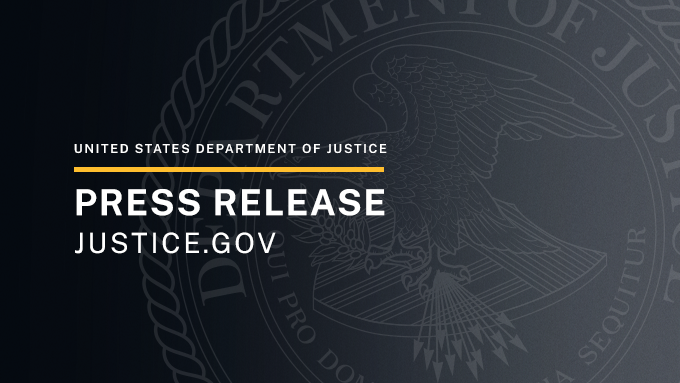A Houston courtroom delivered long-awaited justice today as a Texas pharmacy owner and three pharmacists were sentenced for illegally distributing more than half a million opioid pills and other addictive prescription drugs.
The case highlights the ongoing battle against the opioid crisis and the devastating impact of abuse within the healthcare system.
The Scope of the Crime
Arthur Billings, 61, of Missouri City, operated Health Fit Pharmacy, a cash-only pharmacy described as a “pill mill,” where individuals were paid by drug traffickers to pose as patients and obtain controlled substances.
Billings admitted to a four-year conspiracy to unlawfully distribute hydrocodone and oxycodone and falsifying information on disability applications.
Court documents reveal that Billings and his co-conspirators repeatedly ignored warnings from the Texas State Board of Pharmacy, the Texas Department of Public Safety, and the DEA.
Despite the red flags, they continued filling fraudulent prescriptions, often using stolen physician identities, and sold the drugs to traffickers who then flooded the black market.
Sentences for the Pharmacists
Today, Billings received a 12-year prison sentence and a $2.6 million forfeiture order.
Three Health Fit pharmacists were also sentenced:
-
Deanna Winfield-Gates, 56, a relief pharmacist, was sentenced to six years in prison and a $60,000 forfeiture. She was convicted of conspiracy to distribute hydrocodone and oxycodone, dispensing over half a million pills knowing they would likely be abused.
-
Jeremy Branch, 38, the pharmacist-in-charge during much of 2017, received 22 months in prison and a $68,931.44 forfeiture. He had pleaded guilty to conspiracy to unlawfully distribute opioids.
-
Frank Cooper, 55, a relief pharmacist, was sentenced to 20 months in prison and a $5,000 forfeiture, following his guilty plea to a similar conspiracy charge.
Officials Speak Out
Attorney General Pamela Bondi emphasized the severity of such crimes: “The opioid crisis has taken hundreds of thousands of lives and destroyed countless American families.
Anyone in the medical profession who abuses their position of trust to deal deadly drugs will face severe consequences.”
DEA Administrator Terrance Cole added: “Pharmacies exist to heal the sick, not to fuel addiction.
These defendants betrayed their communities by turning a pharmacy into a pill mill, flooding our streets with over half a million opioid pills, and leaving a trail of addiction and tragedy.”
Acting Assistant Attorney General Matthew R. Galeotti described the operation as “brazen,” noting that Billings and his co-conspirators “ignored their obligations as pharmacists to care for their patients and instead profited from the illicit sale of highly addictive drugs.”
Investigations and Prosecution
The DEA investigated the case, and it was prosecuted by Trial Attorney Drew Pennebaker with support from Paralegal Specialist Meghan Malinowski.
The case was handled under the Criminal Division’s Fraud Section, which leads efforts against health care fraud through the Health Care Fraud Strike Force Program.
Since its launch in 2007, the Strike Force Program has charged over 5,800 defendants involved in schemes costing federal health programs and private insurers more than $30 billion.
The program continues to hold healthcare providers accountable for fraud and abuse.
The Bigger Picture
This case serves as a stark reminder that the opioid crisis extends beyond illegal street dealers.
When trusted professionals exploit their positions, the consequences ripple through communities, fueling addiction and devastating families.
Law enforcement agencies are committed to pursuing such crimes, sending a clear message: abusing trust in healthcare comes with severe penalties.
